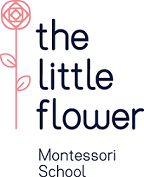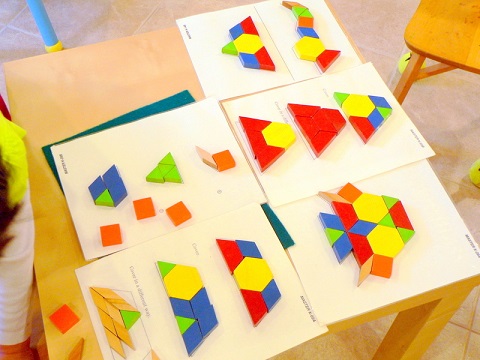
Montessori
History
The Montessori method of education is based on the pioneering work of Dr. Maria Montessori: engineer, medical doctor, educator and lifelong advocate of peace.
Casa dei Bambini, Dr. Montessori’s first school, was opened in 1907 in San Lorenzo, a suburb of Rome. Bringing the scientific techniques of observation and experimentation to this new venture, she spent her days observing the children and guiding the teacher to maximize the individual learning experience for each child. A radical idea at the time, the classroom was filled with everyday objects, tailored to meet the needs of the child, including tables,chairs, shelves, brooms – all designed for purposeful activities performed by children.
Dr. Montessori recognized that self-motivation is the only valid impulse to learning. The teacher prepares the environment, organizes activities, functions as the reference person and offers the child opportunities to blossom. The child learns by motivation through the work itself to persist in his chosen task. The Montessori child is free to learn because he has acquired an 'inner discipline' from exposure to both physical and mental order. This is the core of Montessori’s educational philosophy. Habits of concentration, determination, and thoroughness established in early childhood produce a confident and competent learner in later years.
Quotes
"Within the child lies the fate of the future. "
"The first duty of an education is to stir up life, but leave it free to develop. "
